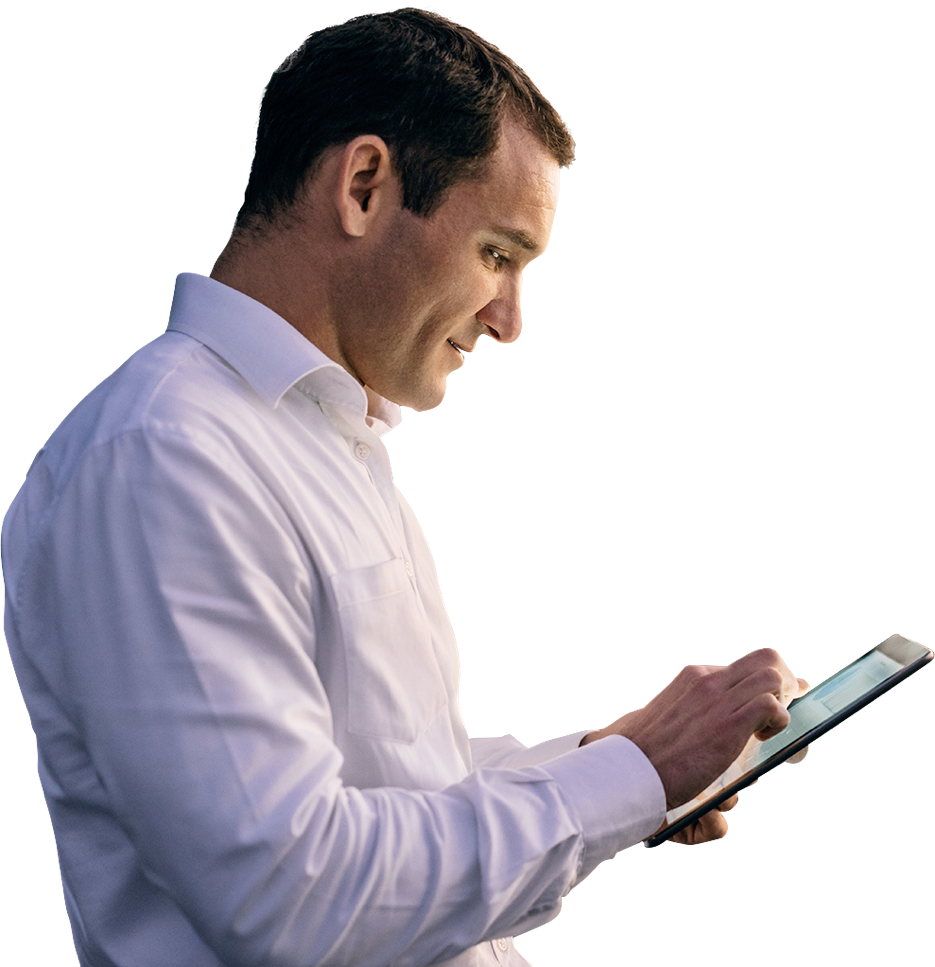A remedy is new technologies, particularly the Internet of Things (IoT) solutions, as they help to reduce consumption of electricity, fuels and water or improve the quality of air.
In Poland, more than 80 cities and towns, both big and small, have already implemented IoT solutions provided by Orange.
Smart Water solutions from Orange are operational in over 30 municipalities in Poland. In particular, it is used in the right-bank districts of Szczecin, while in Krosno Odrzańskie it encompasses the entire water supply network (3372 main water meters). The system prevents water waste, generates savings and streamlines management. Smart Water automatically reads water meters on house service lines, and, via a telemetric module with a built-in SIM card, sends the current data to the water utility.
Moreover, current monitoring by Smart Water ensures effective failure identification, which reduces water waste by up to a dozen or so per cent and prevents costly repairs of streets and sidewalks. The system also reports fraud attempts, such as water meter removal or manipulation. Smart Water provides access to information on a 24-hour basis, while historical data enable analysis, future water consumption forecasts and planning of water supply network repairs and development. The system also makes life easier for residents, as they do not need to arrange visits by meter reading personnel and they are notified in case of increased water consumption.
Smart Lights ensures efficient and eco-friendly city lighting. Special LED fixtures with built-in GSM cards enable automatic control of illumination of streets, parks, residential districts and other open spaces according to pre-defined parameters. Consequently, lamps are turned only when it is dark and any pedestrian traffic is detected, and lighting intensity is adjusted to the season or the weather conditions. As a result, electricity consumption can be reduced by several dozen per cent compared to traditional lighting systems. In addition, LED fixtures are designed to minimise light pollution, which disrupts the natural circadian rhythm of people and animals. A total of eight cities, such as Bolesławiec, Lwówek Śląski and Lubomierz, have already appreciated the Smart Lights solution.
The fourth biking season with Smart Bike is over. So far, over 56,000 bikers from 21 cities have ridden almost 2.4 million kilometres, that is 60 times around the world. Had they covered that distance, 2.4 mln km, by car, about 288 tonnes of CO2 would have been emitted to the atmosphere. Smart Bike is a fourth generation public bike-sharing system. In particular, it means that you can leave your bike at any place within the designated zone. The operator tracks the location of each bike, used or free. The bike monitoring system is charged by a solar power supply, so it is possible to see what is happening with bikes all the time. Bikes are equipped with SIM cards and a system monitoring various parameters during ride. The collected data provide information how to plan the network and develop further active smart solutions, as well as how to design the cycle track grid and other cycling facilities. The Smart Bike solution not only facilitates city transport, but also reduces CO2 emissions and promotes healthy lifestyle.
Other Smart City solutions are Smart Energy and photovoltaics. Photovoltaic systems use the Internet of Things to communicate with the system that manages electricity flows. Thanks to proper monitoring and analytic tools it is possible to optimise the use of photovoltaic energy. The Smart Energy Controller developed by Orange experts in 2020 is the brain of the system. It monitors both the system and the equipment and circuits connected to it on a 24-hour basis, controlling dozens of power parameters in real time. In case of any irregularities, the system sends notifications or alerts. The built-in ‘power guard’ enables individual devices or circuits to be switched on and off remotely.
Analysis of data from various city systems gives municipal authorities the complete picture, enabling them to take the right actions. It is facilitated by the Live Objects platform. It is Orange’s in-house solution, that can be used by companies, cities and institutions. Live Objects integrates all city systems in a single place; then, they can be managed from virtually anywhere in the world as long as there is internet access. The operations of the platform are based on the analysis of huge amounts of data and M2M communications. The latter is possible thanks to special SIM cards (similar to those used in smartphones) installed in devices to make them automatically send information to the system. There are already over 2 million devices with such cards provided by Orange all over Poland, which is about 40% of the Polish M2M market. In the M2M technology, information is sent between devices via a mobile network without human involvement. The LTE-M network is used for these communications, as it can handle thousands of IoT devices per square kilometre. Importantly, this technology reaches also weak coverage sites, such as basements, and is energy-efficient, as devices can operate up to ten years on a single battery. The latter is achieved by ‘awakening’ devices only for brief moments when they need to send data.


